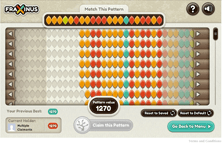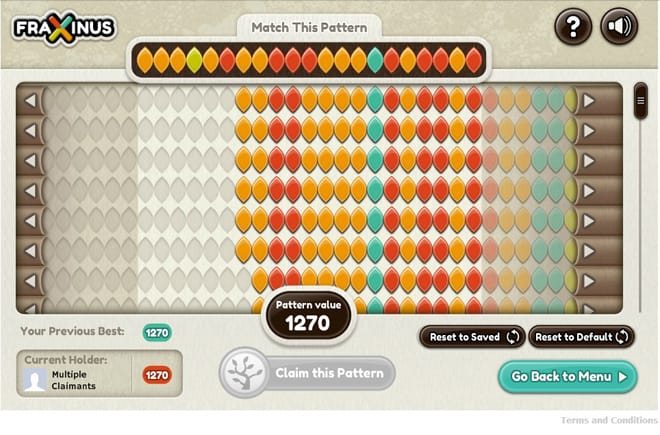Fraxinus Game Crowdsources Fight Against Deadly Plant Disease

Science can be fun, and the scientists from Sainsbury Laboratory along with Team Cooper, a Sheffield, UK based gaming company are literally trying to prove it by developing a game called “Fraxinus” for Facebook. The game taps into the power of crowdsourcing by encouraging active involvement of Facebook users in research by playing it.
Fraxinus game is a part of the research on Ash Dieback disease affecting ash trees (Fraxinus excelsior) across the United Kingdom. The deadly Chalara fungus causes necrotic lesions on the tree stems and branches leading to wilting, premature shedding and eventually death of these trees. A large number of trees are succumbing to this disease in UK since February this year, and there are others which seem to be resistant to this disease as well.
Scientists from Sainsbury Laboratory, The Genome Analysis Centre (TGAC) and John Innes Centre along with other institutions across UK are working on analysing ash’s genetic code to find the genes susceptible to Chalara fungus, causing it to suffer from Ash Dieback. They have sequenced the DNA from various ash trees and reassembled them to identify variations in each genome. Sifting through large amounts of data to identify variations is a long tedious task, and the game has been developed in order to speed up the process.
The Fraxinus game uses actual genetic data from the Chalara fungus and common ash tree. Players are required to match the patterns representing nucleotides by rearranging them suitably. By playing this game, users will be helping scientists generate more information to fight against the epidemic by providing clues about the diversity of Chalara fungus, how it causes the disease and what makes few trees less susceptible. The puzzles used in the game are likely trouble spots that researchers want investigated as accurately as possible to break down the data. Players gain points by matching sequences. Closer the match, higher points they get. Players with the highest score can claim the pattern as a reward. If someone else scores higher than the existing leader, they can steal the pattern and claim it as their own. Top scorers will be acknowledged for their contribution by having their names included in public databases and publications.
The project is funded by Biotechnology and Biological Sciences Research Council (BBSRC) and the results of the research are freely available on the crowdsourcing website OpenAshDieBack. The Fraxinus Facebook game can be accessed on this link.

